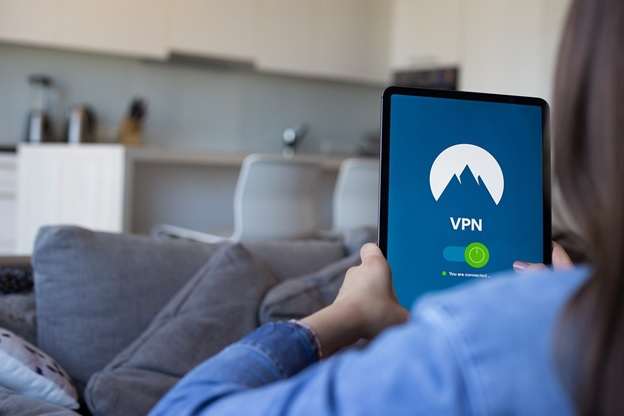How To Detect a Fake Virtual Private Network
In this digital era, everyone needs a virtual private network more than ever against cyberattacks. However, with so many options, both free and paid services, how can you spot which is fake and which is legit?
With the net-neutrality protocols, interest and scrutiny in VPNs are perhaps at an all-time high. In fact, targeted marketing, founded on your online activities, for example, shopping, banking, viewing, and whatnot are already rampant. These adjustments will, for the most part, trigger companies to spy and sell your information in a determined and forceful way. And the demise of net neutrality indicates that these companies can, like it or not, use that information to know your online activities, then ask you to pay for premium access.
Well, the bottom line here is wherever you go and whatever you do online is being monitored. For this reason, VPNs are needed the most today. These days, there are plenty of online scammers ready to get your money. For a little help, here’s how you can spot a fake VPN. So, take a read!
Aggressive Advertisements
One of the points you need to keep in mind when spotting a fake VPN is that when you search about VPN services in Google search, the search results for fake VPNs have aggressive ads. For the most part, the top search results you look at on Google are advertisements, meaning people pay Google Ads money to make their ads in the top results.
It is also the same for Facebook Ads. However, it does not automatically mean that their virtual private network is really good, sometimes it means that these people are willing to pay more money to make their banner appear like one. Thus, when you are searching the web for a virtual private network service, it is an excellent idea to neglect advertisements and study the following results in the list.
“Best VPN” Search Results and Paid Reviews
When Google does not render results with the actual websites of virtual private network providers, then it’ll most likely return pages about other sites advertising VPN services. Usually, the headlines include “best free VPN services” or “best VPN services.” However, only it is because individuals are, for the most part, attracted and lured by these terms and do not care about exploring them further.
We are not claiming that these sites are not good, only that you must be wise and mindful enough of whose outlook to trust. Keep in mind that there are plenty of paid reviews online whose intent is to praise a particular product and make certain not to disclose anything bad about it.
You may notice some negative parts about a virtual private network. However, VPNs are promoted and advertised in a way that they appear insubstantial in the big picture. If you do not want to analyze and scrutinize the reputation and prestige of sites with VPN reviews, then neglect them briefly, until you can create your own diagnosis. Later on, when you are ready, you can read various reviews and make comparisons.
Receiving VPN Offers Through Email Unexpectedly
Sadly, a lot of websites that dispatch daily offers and newsletters formed on email subscriptions are, for the most part, more than ready to give your email address to another marketing company. As a result, the third-party marketing company creates a massive email address database noted to be closely associated in online shopping, so they sell this info to other organizations. For this reason, you can receive emails about VPN offers unexpectedly.
Lacking Social Media Accounts, Blogs, and Websites
It is extremely straightforward to make a website, fill it with pictures, generic text, then broadcast it and begin selling what you offer using advertisements. However, it takes more time to obtain the trust of your target market, such as giving links to testing tools, which can be utilized to study the quality of a VPN service.
If, for example, you find an alleged reliable virtual private network service that has no blog, no news pages, no social media accounts, then it is time to search for something else. But if these things exist, then study and verify the posting dates to find out how up to date the pages are.
For instance, if the virtual private network service is briefly unavailable, it must be posted right away on its blog to let everybody know. If a VPN server breaks down, you must be notified immediately in an email.
Furthermore, see the testimonials, reviews, and comments created by regular consumers. If possible, you can check the users’ profiles to know whether their comment is genuine or not.
Takeaway
The world wide web is packed with scammers and hackers, and it also applies to virtual private network services. However, you can safeguard yourself from fake VPNs by educating yourself about the most secure vpn available today. Don’t rush on something that catches your attention. Be sure to investigate and determine whether the service is fake or not so that you can effectively decide.
Related Post
- How to solve Facebook account temporarily locked for security reasons.
- How to Protect Kids from inappropriate Internet
- The Best Data Backup Software for Windows and Mac PC
- Top 5 Best Free Parental Control Software for PC, Mac, iOS, Android


